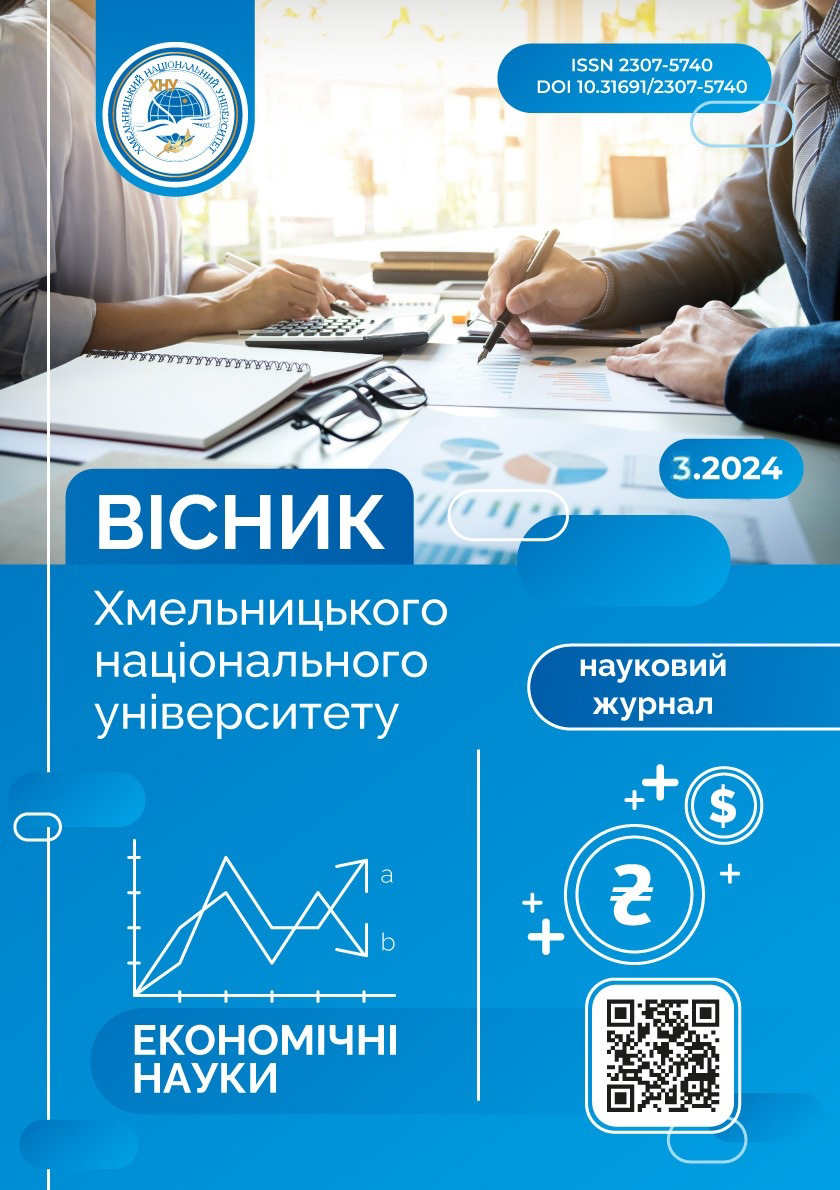INSTITUTIONAL ASPECTS OF ORGANIC PRODUCTION DEVELOPMENT DURING MARTIAL LAW IN UKRAINE
DOI:
https://doi.org/10.31891/2307-5740-2024-330-2Keywords:
green economy, post-war recovery, alternative energy sources, organic production, environmentAbstract
In the conditions of martial law in Ukraine, the issue of ensuring food security is of particular relevance. Organic production, which provides high-quality food without the use of synthetic chemicals, can play an important role in strengthening a country's food security. However, the development of this sector faces numerous challenges that require a systematic approach and effective institutional support. It is noted that hostilities in the country have a negative impact on the development of organic production, namely: - martial law caused significant difficulties with logistics, which affected the delivery of organic fertilizers, seeds and finished products. Destroyed roads, roadblocks, and the increased risk of hostilities make transportation difficult and dangerous; - financial resources that could be directed to the development of organic production are reoriented to military needs. This limits the opportunities for investment in new technologies and the development of organic production infrastructure. - Ensuring compliance with organic production standards during martial law becomes more difficult due to limited access to certification bodies and reduced quality control. This can lead to a decrease in consumer confidence in organic products.
Effective institutional support is a key condition for the development of organic production. Under martial law, it is necessary to coordinate efforts between central and local authorities, as well as NGOs and international partners. Under martial law, legal regulation needs to be adapted to new challenges. In particular, it is necessary to provide for: simplification of certification procedures for organic producers who find themselves in war zones; providing special grants and subsidies for the restoration of organic farms affected by the war; implementation of training and support programs for farmers wishing to switch to organic production.
In 2023, the first organic product marked with the Ukrainian state logo for organic products appeared in Ukraine. The development of organic production during martial law in Ukraine faces numerous challenges, including logistical problems, financial difficulties and certification complications. However, with the support of the state, international organizations and the introduction of innovative solutions, sustainable development of this sector is possible. Institutional aspects play a key role in ensuring the stability and growth of organic production in times of crisis, which can contribute to improving food security and maintaining the ecological balance in Ukraine.


